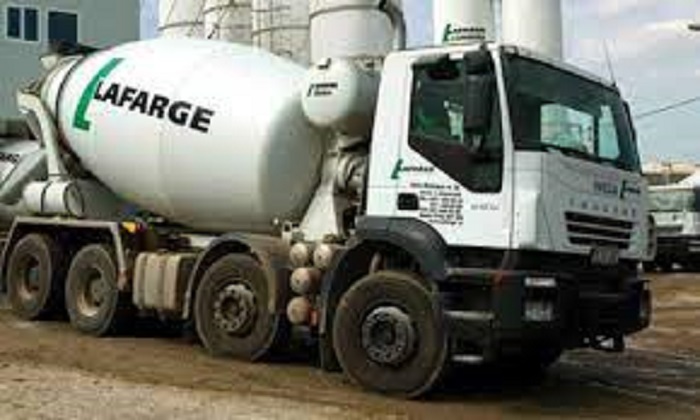Lafarge Africa unveils natural gas-powered trucks
Lafarge Africa has launched a new set of 52 natural gas-fuelled trucks. In a statement, the company says the implementation of the natural gas-powered trucks in partnership with Ecologique will improve environmental performance as LNG generates 30% less carbon dioxide than fuel oil and 45% less than coal. PODCAST: Mental Health: The Facts And The […]

Lafarge Africa has launched a new set of 52 natural gas-fuelled trucks.
In a statement, the company says the implementation of the natural gas-powered trucks in partnership with Ecologique will improve environmental performance as LNG generates 30% less carbon dioxide than fuel oil and 45% less than coal.
- PODCAST: Mental Health: The Facts And The Myths And Misconceptions
- Two killed, as IPOB members bomb Imo police station
Speaking at the launch of the trucks at Lafarge’s Ewekoro plant, the Country Chief Executive Officer of Lafarge Africa Plc, Khaled El Dokani, reiterated that the company is a high-performance driven organisation moving in the direction of sustainability.
“Natural Gas is the cleanest fossil fuel. The use of natural gas – particularly for industry and transport – is one of the many ways Lafarge actively contributes to protecting the environment and achieving its sustainability agenda,” El Dokani said.
According to the Project Lead, Osaze Aghatise, Country Head of Logistics Operations, the 50 natural gas trucks launch is an important milestone in the company’s logistics strategy of moving towards a greener and sustainable transportation.
“Our ambition is to inject additional natural gas trucks in the coming months while exploring other sustainable transportation initiatives,” Aghatise said.
The Chief Financial Officer, Lolu Alade-Akinyemi also emphasized, “This initiative is a game-changer to our bottom line and an entire operation as our focus is to achieve a 28% reduction in overall operating cost as well as significant reduction in Air Pollution (Exhaust gases) among others.”
The Director of Communications, Public Affairs and Sustainability, Folashade Ambrose-Medebem remarked: ‘This initiative impacts the ecosystem on different fronts: it is in sync with our net zero ambitions at the Group in line with the targets set with the Science Based Targets Initiative (SBTI) responding to a global call to action, creating net negative emissions by 2050. This is in addition to supporting our goal of increasing waste-derived fuels in production to reach 37%.”
